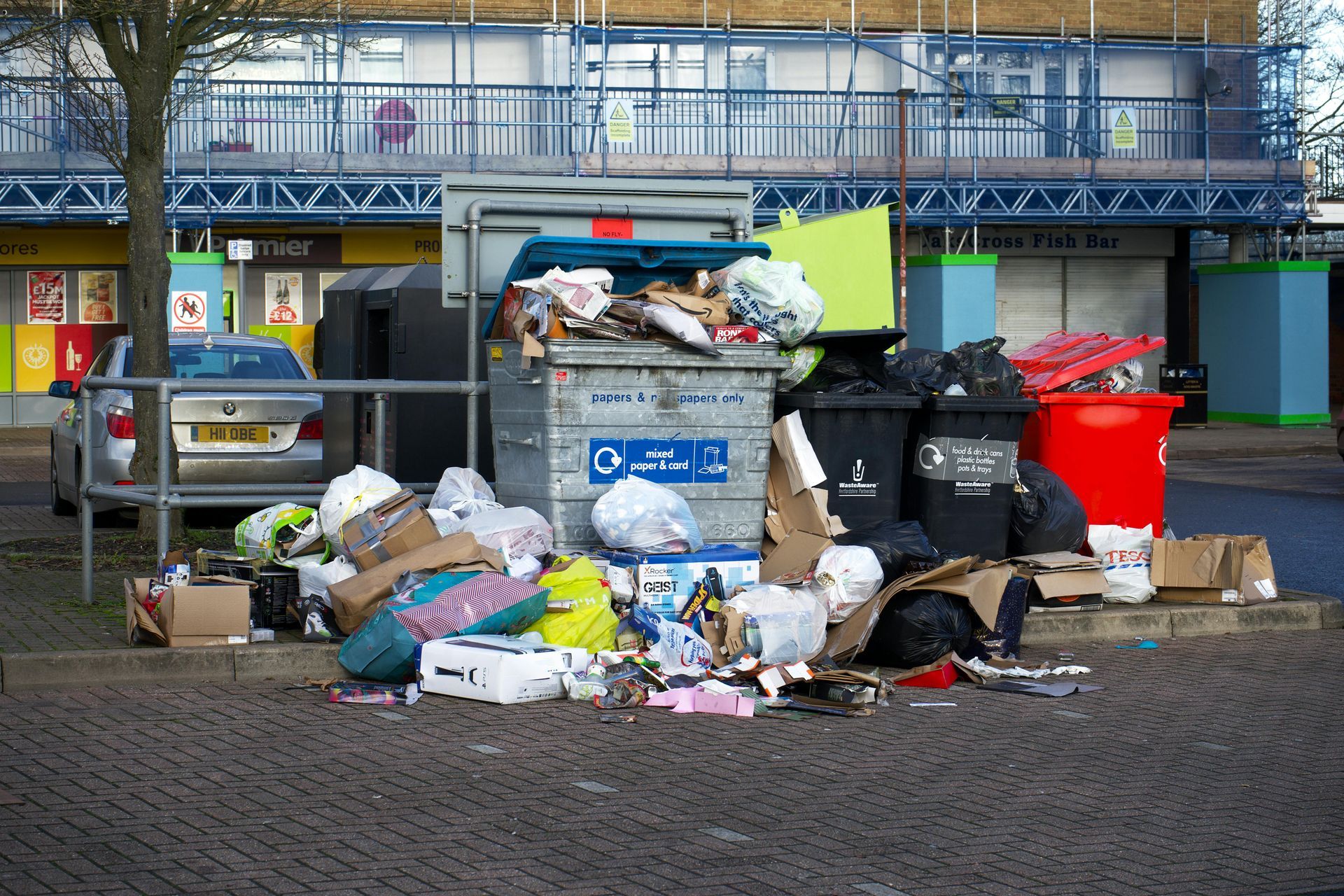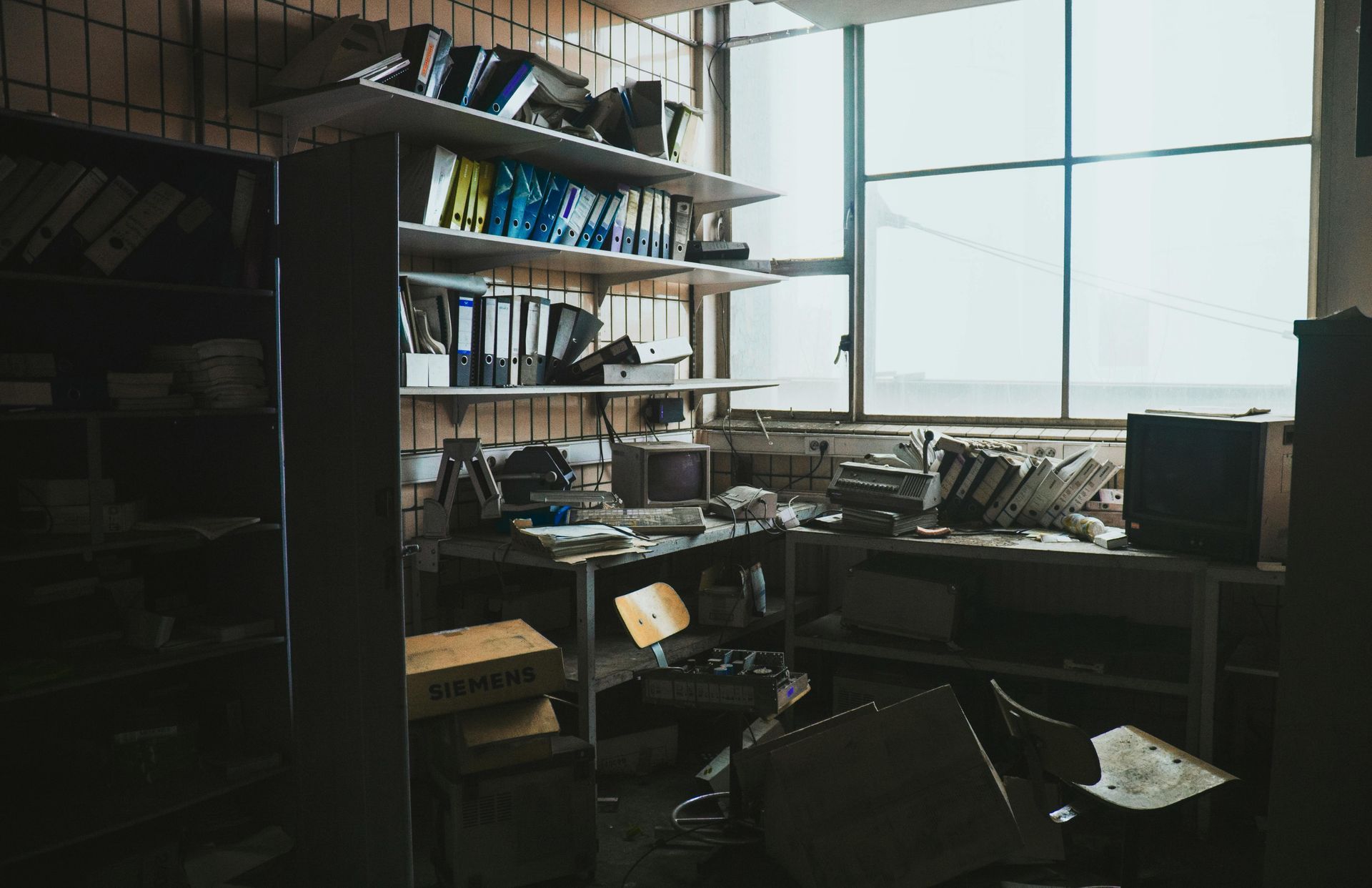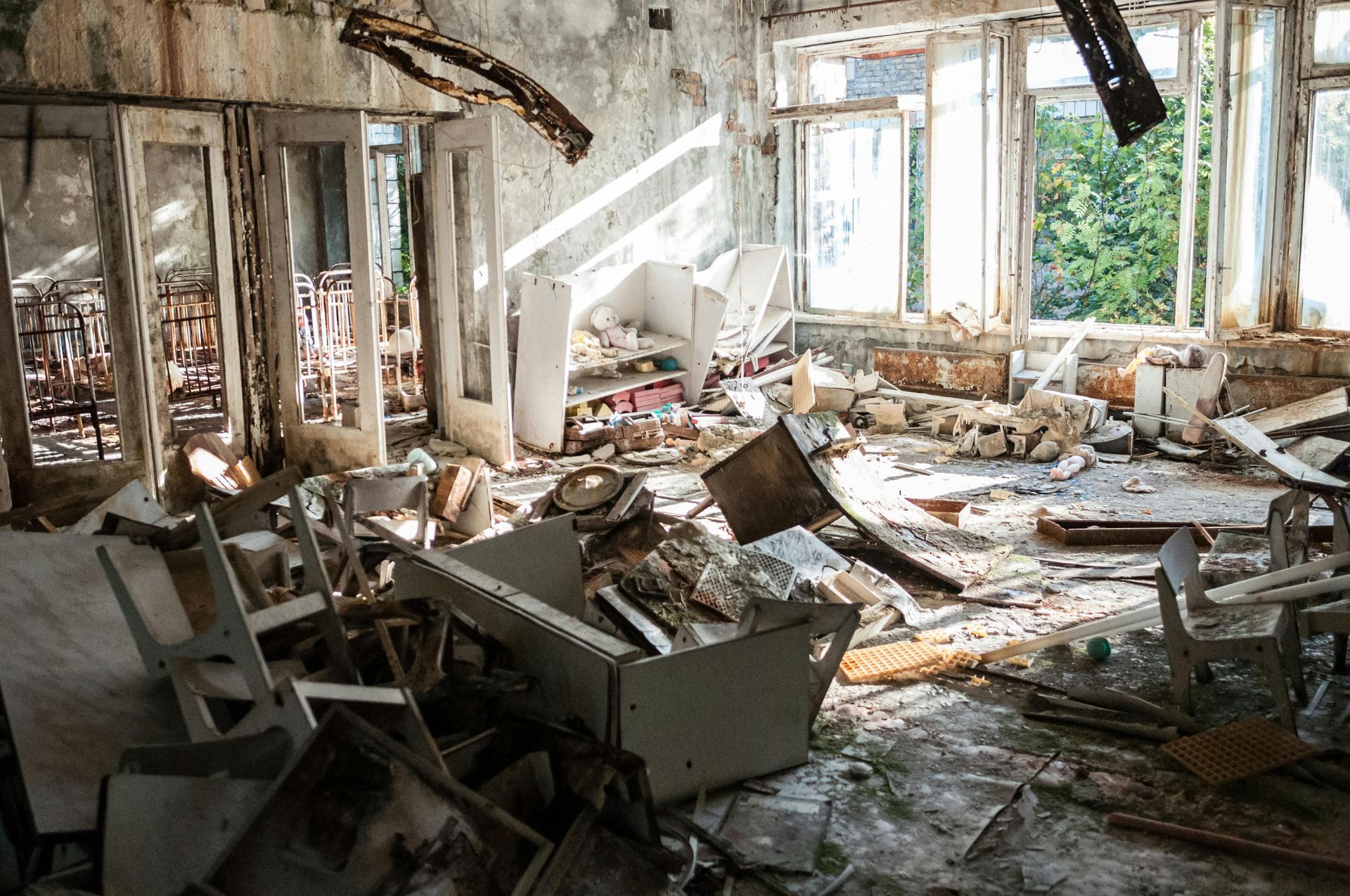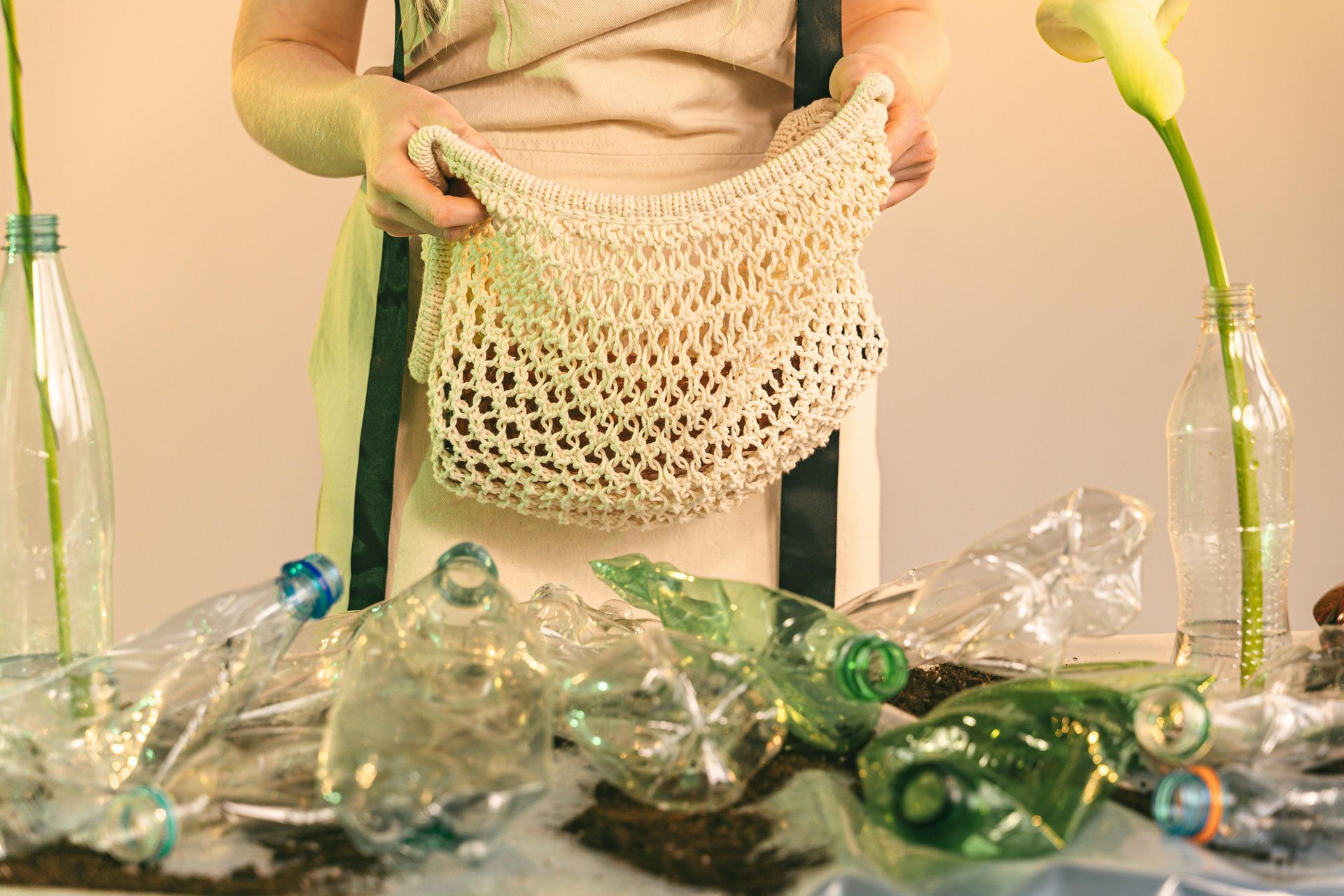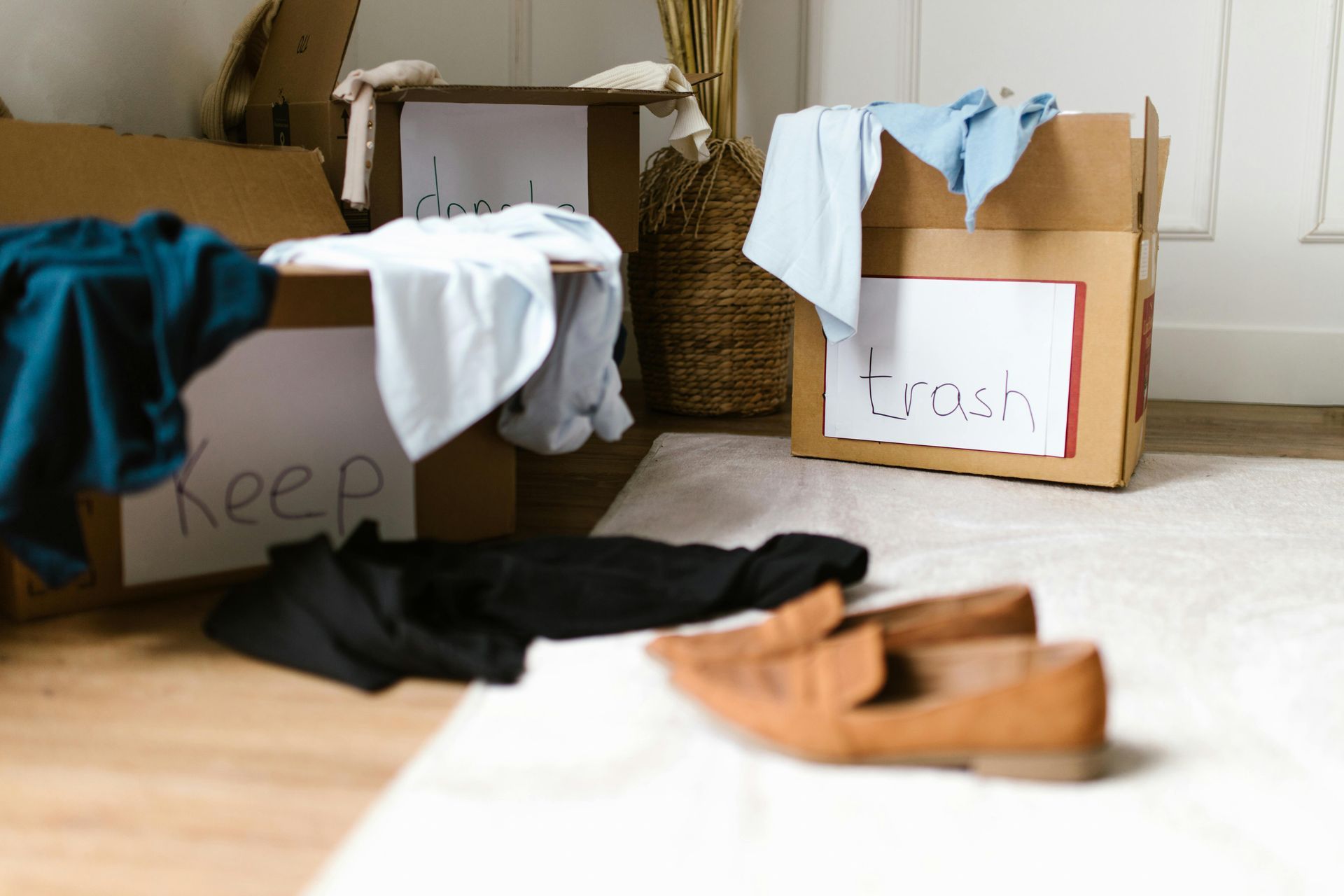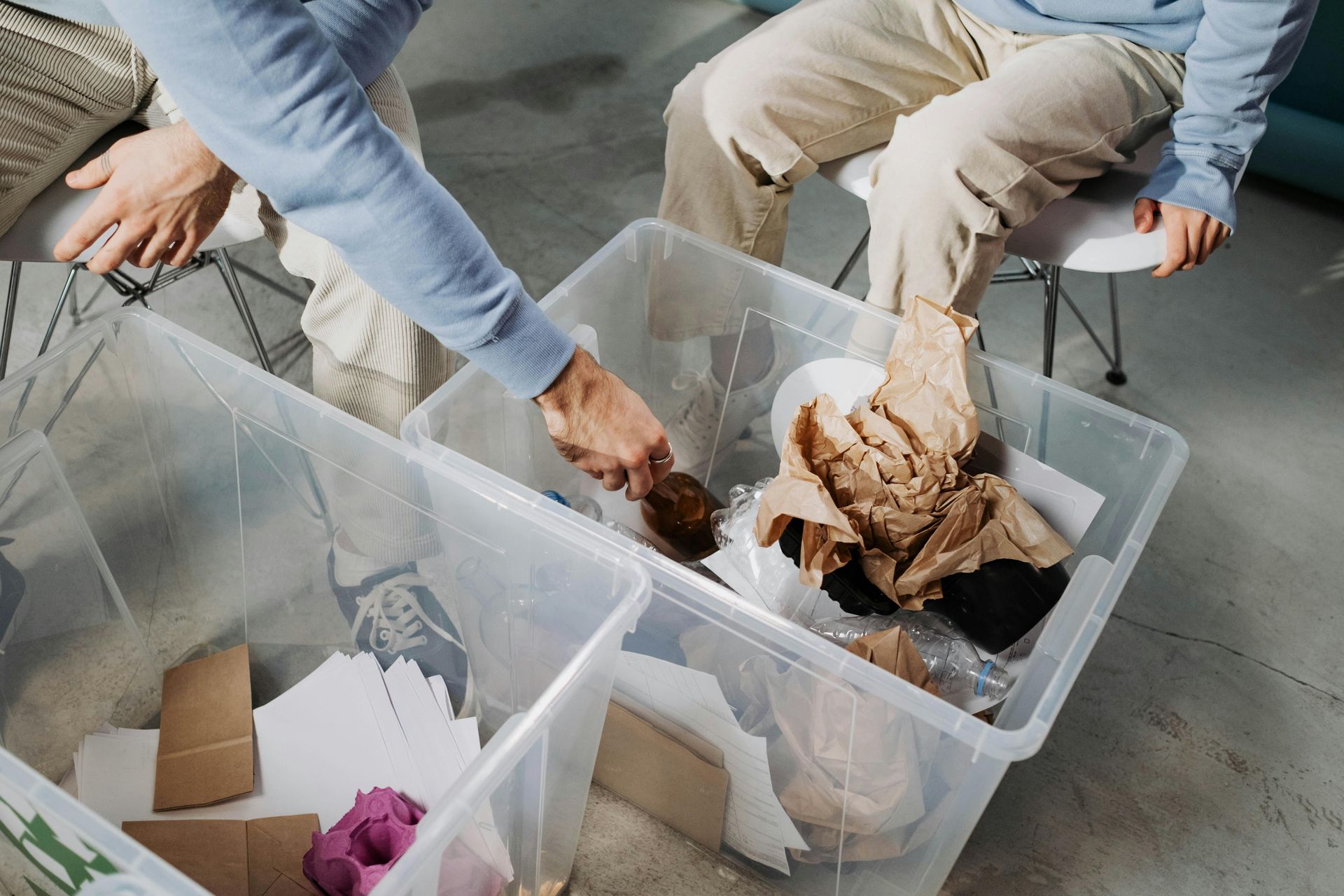The Psychology of Decluttering: How Junk Removal Can Improve Your Mental Health

In a world inundated with possessions and distractions, finding solace amidst the chaos can feel like an insurmountable task. However, the answer might be simpler than you think. Enter the psychology of decluttering—a transformative process that not only clears physical space but also fosters mental clarity and emotional well-being. At the forefront of this movement is junk removal, a practical solution with profound psychological benefits. Let's delve into the intersection of decluttering and mental health to understand how clearing out physical junk can lead to a lighter, more peaceful mind.
The Burden of Clutter: A Psychological Perspective
Clutter isn't merely a disorganized heap of belongings; it's a manifestation of our inner state. Psychologically, clutter can evoke feelings of overwhelm, anxiety, and even depression. Studies have shown that living in a cluttered environment can elevate cortisol levels, the hormone associated with stress, leading to a constant state of unease. Moreover, clutter bombards our senses, making it difficult to focus and exacerbating feelings of disorganization and chaos.
The Liberation of Decluttering
Fortunately, the act of decluttering offers a path to liberation. By systematically sorting through our possessions and letting go of what no longer serves us, we create physical and mental space for growth. Decluttering is more than just tidying up—it's a cathartic process that empowers us to reclaim control over our surroundings and, by extension, our lives.
The Therapeutic Power of Junk Removal
Enter junk removal—a pivotal tool in the decluttering arsenal. Junk removal services specialize in efficiently and responsibly disposing of unwanted items, whether it's old furniture, broken appliances, or simply accumulated clutter. Beyond the logistical convenience, junk removal offers profound psychological benefits:
- Immediate Relief: The mere act of scheduling a junk removal service can lift a weight off your shoulders. Knowing that help is on the way to clear out the excess can alleviate anxiety and restore a sense of order.
- Tangible Progress: Watching as piles of junk are swiftly carted away provides instant gratification and a tangible sense of accomplishment. This visible progress reinforces the notion that change is possible and motivates further decluttering efforts.
- Emotional Release: Letting go of possessions, particularly those imbued with sentimental value, can be an emotional journey. Junk removal offers a safe space to confront attachments, process emotions, and ultimately release what no longer serves us, fostering emotional resilience and growth.
- Environmental Harmony: Living in a clutter-free environment promotes harmony between ourselves and our surroundings. A clean, organized space can have a calming effect on the mind, fostering clarity, creativity, and peace.
The Mind-Body Connection: Decluttering and Stress Reduction
The benefits of decluttering extend beyond the psychological realm, influencing our physical well-being as well. Research has shown that reducing clutter can lead to lower stress levels, improved sleep quality, and even enhanced immune function. By alleviating the burden of excess possessions, we create a nurturing environment that supports our overall health and vitality.
Cultivating Mindfulness Through Decluttering
Decluttering is not merely a one-time task; it's a lifestyle anchored in mindfulness and intentionality. By cultivating awareness of our belongings and consciously curating our space, we become more attuned to our values and priorities. Mindful decluttering encourages us to question our consumption habits, favoring quality over quantity and fostering a deeper sense of gratitude for what we choose to keep.
Embracing Minimalism: Less is More
At its core, decluttering embodies the principles of minimalism—a philosophy centered on simplicity, purpose, and intentional living. By shedding the excess and focusing on what truly matters, we free ourselves from the trappings of consumerism and cultivate a sense of abundance rooted in experiences rather than possessions. Minimalism invites us to embrace a lighter, more meaningful existence, where joy derives not from the accumulation of stuff but from the richness of life itself.
Conclusion: Clear Space, Clear Mind
In the journey of life, decluttering serves as a metaphorical spring cleaning for the soul—a process of shedding the old to make room for the new. Through junk removal and mindful decluttering, we untangle ourselves from the web of possessions, liberating our minds and spirits in the process. By embracing the psychology of decluttering, we pave the way for greater mental clarity, emotional well-being, and a profound sense of peace amidst the chaos of modern living. Remember, clear space begets a clear mind—so why not start decluttering today?
